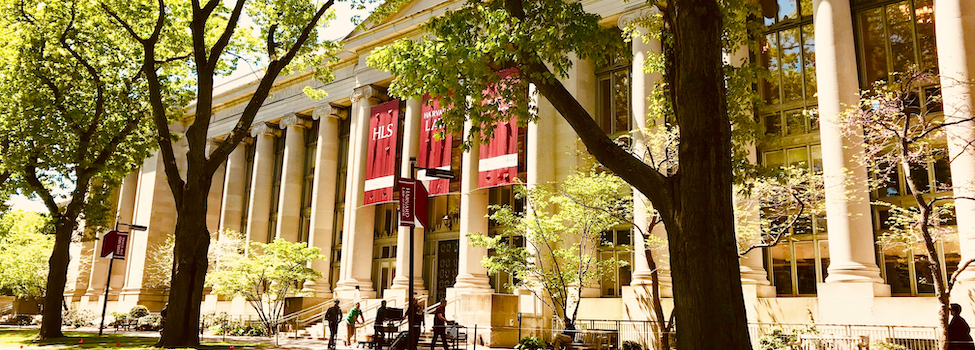Making the Most of All a Business Masters Has to Offer

With a wide array of courses and experiences, success on a program comes down to balance and prioritization
A business masters program is almost certain to support your career and lift your earning power, but you’ll need to work hard while at business school. Making the most of a business masters means more than getting excellent grades, however.
The return on investment will also come down to the extra- and co-curricular activities, whether that’s clubs and student societies, work experience and consultancy projects, or career coaching.
So how can you make the most of all a business masters has to offer? “It’s all about balance and prioritization,” explains Oliver Ashby, director of the masters in management (MiM) program at London Business School.
“The one-year program is intensive, so we encourage students to think carefully about what is most important to them so they can maximize the value of their time here.”
Time is, indeed, the key challenge students will face on the program, he adds. “Of course, learning takes priority, but students have a vast array of clubs, extra-curricular activities, career events and so much more to take advantage of. It’s important to be open to new experiences, but we tell our students to be careful not to take too much on.”
But don’t be discouraged if it all gets on top of you; learning from setbacks is an essential part of the experience, too. “We encourage students to seize opportunities, take risks and move out of their comfort zone,” Ashby says.
It can help if you start preparing for the experience ahead of turning up at business school as well. “We provide pre-courses and a wide range of information in the run up to the first day,” says Ashby. “Provided students engage with this, they should feel confident they are well prepared for all the opportunities in store.”
Keep an open mind
Some students enter their business masters program with a very clear study and career plan, which is not a bad thing, but it can often be quite risky or too limiting, says Brice Rabourdin, who is executive director of strategy and development for the pre-experience masters programs at HEC Paris, a business school in France.
“It is important to stay open and to keep aside time to be curious and to discover new topics, new methods, new fields,” says Rabourdin. “A MiM program is a fantastic opportunity to enrich oneself, to discover new people, new cultures, new ways of thinking, and to start building an incredibly rich social and professional network.”
The two-year MiM program at HEC Paris offers more than 130 elective courses, from “Wine Business Marketing” to “Climate Economics and Finance”.
Prior to joining the MiM program, students should know what they are diving into, and carefully read the curriculum description, he adds. “They should also get in touch with current students, talk with student ambassadors, and start meeting their future classmates by attending events and joining the social groups.”
When they do enrol, Rabourdin recommends that students get involved in campus life by joining and creating student clubs and associations (there are already 100 of them at HEC Paris).
“These clubs are like startups where students can co-create, co-lead, co-build impressive events like international fairs, humanitarian trips, business startups, and have the impact they are looking for,” he says.
Start planning your career early
Given that many students are making a substantial investment of time, money and effort in their business masters degree, it’s important to get a head start on career planning.
“Career success is a journey, and it takes time and effort for students to achieve their goals. So, we recommend that our students start thinking about life after graduation from the first moment they enroll,” says associate professor Luis Martinez at the Nova School of Business and Economics in Portugal
The school’s masters in management program includes mandatory “Skills Accelerator” modules that provide students with a wide range of tools designed to develop their self-awareness, their skills and knowledge in specific areas such as leadership, digital business or ethics.
“There are also career fairs, individual counselling sessions, workshops and career events that provide strong networking opportunities and a wider vision of the job market,” Martinez adds.
Meanwhile, the MiM program at HEC Paris offers the possibility to take a year out for work experience. “Students are thus encouraged to take internships in order to start building their professional experience, to challenge in real life what they have worked on in the classroom, and to determine the specialization and the professional path they would like to take,” Rabourdin adds.






